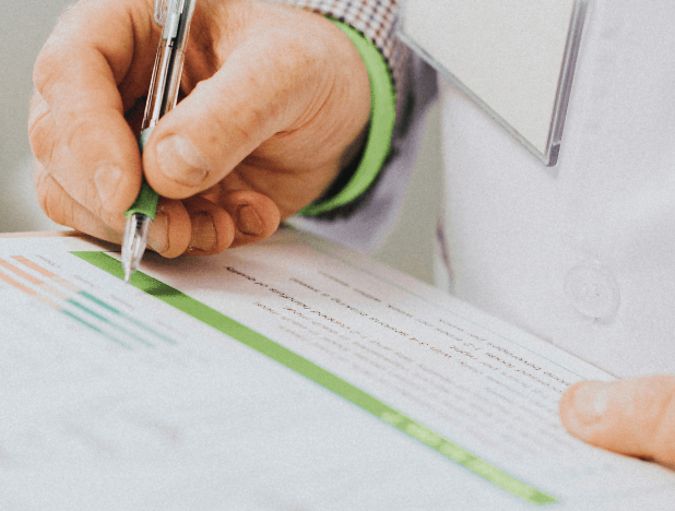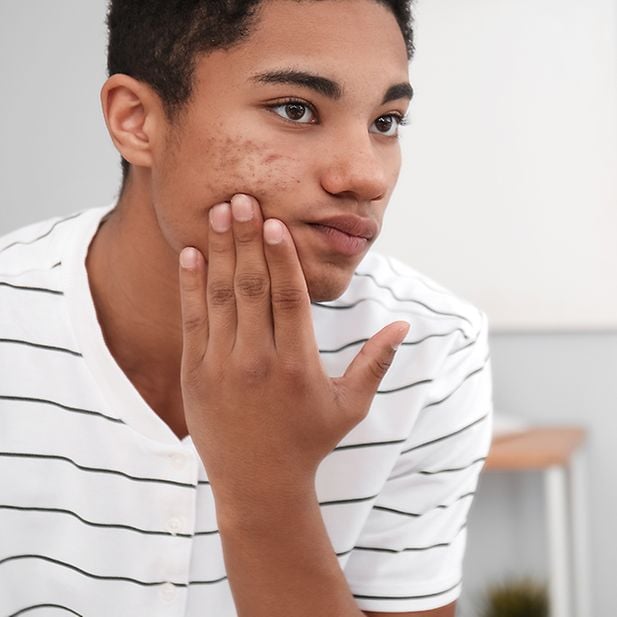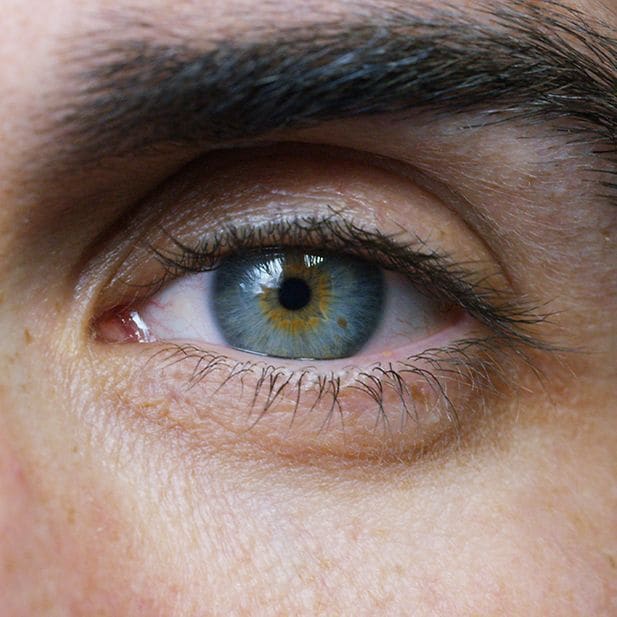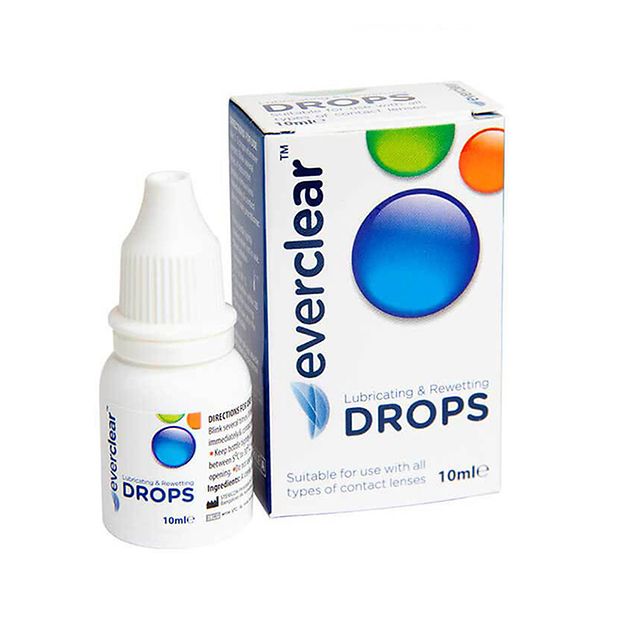The effects of Roaccutane on your eyes

How does Roaccutane work?

What are the effects of Roaccutane on your eyes?
Short-term side effects of Roaccutane
- Dry eyes - almost everyone who uses Roaccutane experiences dry eyes due to its oil-reduction properties. You can help by avoiding contact lenses and using eye drops while you're on the treatment
- Blurred vision - very rarely, Roaccutane treatment can put pressure on your brain, which may cause your vision to blur. If you experience blurred vision, dial 999 right away
- More tears - Roaccutane can sometimes cause your eyes to produce more tears due to its effect on oil production - again, avoid contact lenses as they may be difficult to put in and keep in place
- Swollen eyes or conjunctivitis - Roaccutane can make your eyes swollen and uncomfortable around the whites and eyelids. It usually goes away within a fortnight and you can speed it along by gently wiping your eyes and avoiding smoky, dry places
Long-term side effects of Roaccutane
- 'Dry eye syndrome' - it's uncommon, but patients can develop dry eye syndrome, where persistent dryness occurs over a longer period of time
- Cataracts - there have been a few cases where younger patients developed cataracts after using Roaccutane, which may be related to a decreased ability to adapt to light or darkness
Night vision

Keeping your eyes healthy

